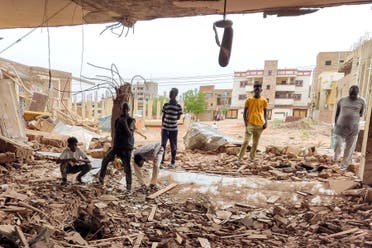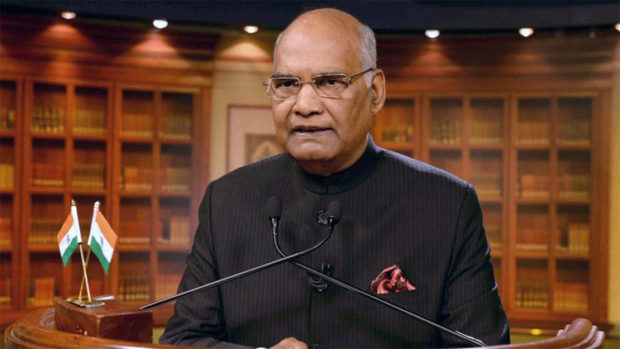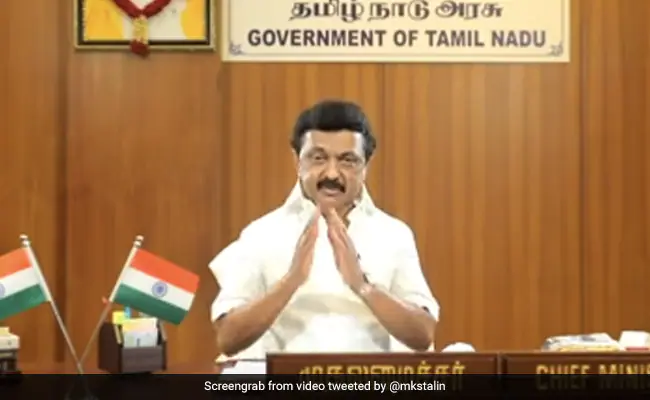In spite of The short truce Which entered into force in the morning, many Sudanese do not express optimism that the crisis, which turned two months ago into violent fighting, between the army led by Abdel Fattah al-Burhan and the Rapid Support Forces, led by Mohamed Hamdan Dagalo, will be resolved.
As the country plunges into a serious humanitarian crisis, many international organizations have warned of it, led by the United Nations Children’s Fund (UNICEF).
13 million children
I have renewed UNICEF Representative in Sudan, Today, those warnings are an appeal to raise $100 million immediately to support and expand the foundation’s response to the Sudan crisis next month. In a tweet she posted on her Twitter account, she said, “Sudan’s crisis is a children’s crisis,” noting that more than 13 million children are in dire need of humanitarian assistance.

Since the outbreak of the conflict between the army and the Rapid Support Forces, civilians have been suffering from difficult living conditions, as residential areas in Khartoum and other parts of the country have turned into military battlegrounds, with electricity and water cut off for long hours and many hospitals out of service.
UNICEF has repeatedly warned that the situation of Sudanese children has reached “catastrophic” levels as a result of the conflict, noting that access to food, drinking water, electricity and communications is irregular and sometimes unavailable.
It also confirmed that more than 620,000 children suffer from severe acute malnutrition, and half of them are at risk of death if they are not assisted in time.
In turn, the United Nations High Commissioner for Refugees (UNHCR) warned that civilians face many human rights violations and sexual violence, despite the commitment of both sides to the conflict to comply with international humanitarian law, especially in areas of fierce fighting in the states of Khartoum, Kordofan and Darfur.
It is noteworthy that the fighting between the army and the Rapid Support Forces suddenly erupted in mid-April, while the military and civilian parties were putting the final touches on an internationally supported political process, which plunged the country into fighting that has not stopped until now, despite all international and regional mediation.




